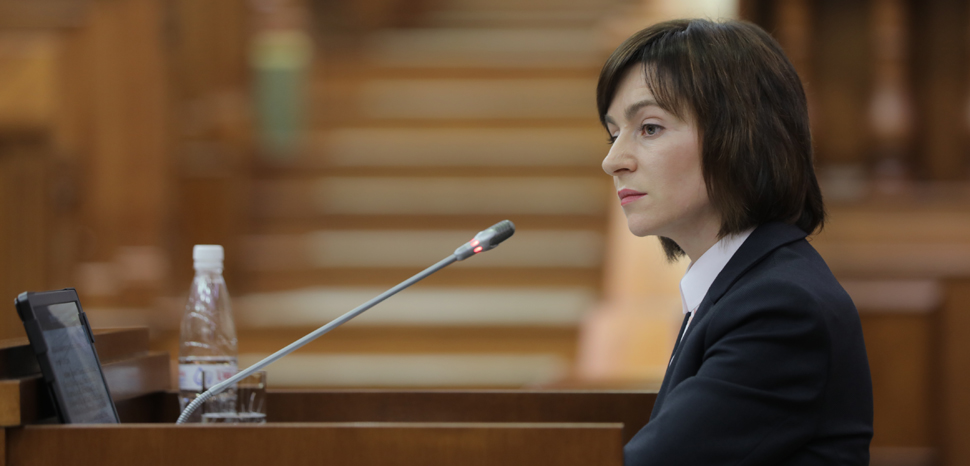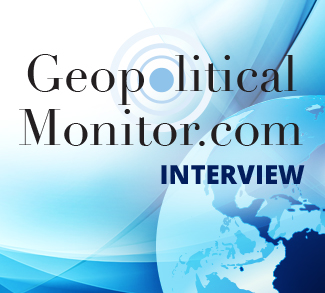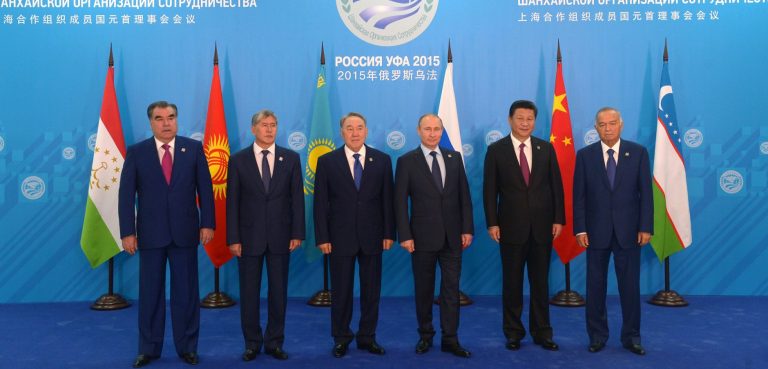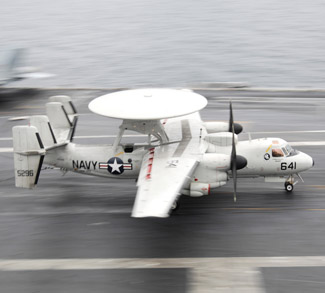Ceded to Soviet Premier Josef Stalin on August 23rd 1939 by the Molotov–Ribbentrop Pact between Nazi Germany and the Union of Soviet Socialist Republics, the Republic of Moldova has simultaneously struggled to wear the identity it was denied as part of the territory of what is now Romania. Approximately 50% of the population still look west for linguistic and migratory routes, favoring closer affinity with Europe. Yet a portion of the population—almost exactly 50%, too—have close affinity for the Russian Federation, its language and cultural tradition—given Moldova’s five-decade status as a Soviet Socialist Republic, under Moscow’s de-facto governance.
After declaring independence from the Soviet Union on August 27th 1991, Moldova—which was once amongst the richest republics of the USSR—is now Europe’s poorest economy, and amongst its weakest in governance. Caught in perpetual transition, Moldova has shed millions of people to better employment prospects abroad in the decades since independence, along with billions of dollars in funds appropriated by both individuals and governments. After several decades of dominance by Moldova’s Communist Party, led by President Voronin, of whom the country’s incumbent President, Igor Dodon, was a close ally, the political system was dominated by Moldova’s Democratic Party, and its coalition allies—leading to serious failures in governance, perilous bank fraud amounting to loss of $1 billion U.S Dollars, and the politicization of all state institutions—from judiciary, through the civil service and law enforcement. State capture is a cycle which self-enforces, as complicity in corrupt practice becomes a way of life, rather than an anomaly. But, in June 2019, we saw a short opportunity to change Moldova’s political discourse, and build democracy. The events were pure caprice, and given Europe’s backing—in subsidized lending, budgetary support, and practical diplomacy—we should not be in the situation we face today as Moldovans. We are, because we failed, and we were failed—by a political elite we never held to account, and a president whose cynicism we understood over the course of decades, but still chose to believe.
President Igor N. Dodon is a former Communist Party cadre and sworn authoritarian—who has praised Belarusian dictator Alexander Lukashenko for his managed dictatorship in Minsk, and lauded deposed Ukrainian murderer Viktor V. Yanukovych for using force against popular protest. President Dodon never wanted democracy in Moldova—for reasons which should have been obvious to anyone, when the power-sharing deal was agreed in May. Anyone who minded to read the president’s deleted blog posts from his abandoned WordPress website will find that his deleted praise for Eastern Europe’s worst perpetrators of human rights atrocities have to be needled from the net very carefully. But it is considerably easier to find Dodon’s diatribes against the European Union, writ large and long—in bellicose, angry prose—coupled with adamantine plans for the sort of planned economy (which as the Soviet showed unambiguously are not only non-starters, but destined to fail).
Moldova is currently in the midst of a catastrophe that Europe must heed. The extraordinary dismissal of Prime Minster Maia Sandu on November 12th and the collapse of the European Union and United States-brokered coalition after just five months, should serve as a warning to all who believe in the precepts of Euro-Atlanticism, the Eastern Partnership Program, and not doing what is easy in geopolitics—but doing what’s right. The European Union may be busy for many reasons—with strain from Brexit, and atrophied patience for accession by Albania and North Macedonia. But in Moldova, European Commissioner Johannes Hahn played architect to the power-sharing mess which allowed Dodon to govern with Sandu—until Dodon saw the chance to (metaphorically) decapitate his pro-Western, progressive, female prime minister. Sitting cosy in Brussels and calling a scenario where “the bastard you know” is better than “the bastard you don’t” may be convenient realpolitik for Europe’s ailing statesmen and toothless institutions. But, as is ever so, they don’t have to live life under “that bastard”—as the people of Moldova now must do. I ask that you forgive my being profane. I am only paraphrasing President Dodon’s remarks to Al Jazeera about Vladimir Plahotniuc—in an episode of “People and Power” broadcast in March 2019.
Recent revelations about Dodon’s brother, local elections of dubious legality and a battle for control of the judiciary that climaxed with Prime Minister Sandu’s removal have culminated in the appointment of a technocrat government. One led by President Dodon’s former advisor, Ion Chicu.
Dodon, who remains a committed Russophile, regard President Vladimir V. Putin as a crucial ally and partner in moving Moldova towards membership of the Eurasian Customs Unions. This proximity is not just political in nature. The president’s brother, Alexandru, is currently developing a multi-million dollar luxury real estate project in central Moscow with Igor Chaika, son of Russia’s Prosecutor General, Yuri Chaika. Several US Senators, including Sen. (R) Marco Rubio are calling for Chaika to be designated under US sanctions. Igor Chaika’s brother, Antyom, is already subject to designation by the Global Magnitsky list, and has been since 2017.
While Sandu had favored closer links with Moldova’s European neighbors, Dodon has openly expressed his preference for Russian investment and ownership of increasingly valuable state concessions and strategic assets, including ports currently operated by Austrian companies and tobacco manufactures owned by French nationals. However, Dodon’s fury has most notably been focused on the British registered investors in the country’s only international airport.
One week before the president flew to New York to address the UN—an address he used to re-emphasize Moldova’s neutrality between East and West—Dodon swilled Champaign with Russian businessmen as they applied ink to valuable infrastructure contracts.
Meanwhile, Moldova’s anti-corruption police, under orders from a number of committees which seem to have been founded largely to bring the airport back into government hands, raided the office of NR Investments (NRI), who had recently taken over the airport contract.
Ironically, Dodon’s party—alleged to be funded largely via fraudulent loans wired via off-shore jurisdictions and then back in to party coffers, as was subject of an extensive media investigation— is now seeking to exclude all companies incorporated outside Moldova from acquisition of government concessions. The irony is further compounded by the fact that since Dodon took power there has been a huge shift towards companies in Moldova incorporating in Cyprus.
A company director, who was happy to be described as an importer of various freight items from the EU, called Dodon’s new law “either the act of a fool who wants to assert power” or, more likely, “a fool who owes a Russian oligarch an aviation concession and knows the concessionaire runs from Cyprus.”
Perhaps it’s pure coincidence, but another individual sanctioned by the US, Roman Trotsenko had expressed interest in buying Chisinau International prior to NRI’s purchase of the airport concession- and remains committed, according to numerous media sources.
Mayoral elections on November 4th saw Ion Ceban become the first pro-Russian candidate to govern the capital. Ceban, like the current technocrat prime minister, Ion Chicu, is a former presidential advisor, mired in allegations spanning two decades.
In Moldova, despite our best intentions, the diplomatic community has been duped. The people of Moldova are either completely indifferent, enraged, or opting to migrate—just like their families before them. The president we installed in Moldova—or allowed to remain in the executive, against our better judgement—has become that very thing we intervened to remove this June. The cost to the Eastern Partnership Program—which has roundly failed in Moldova since 2009—is significant. The loss of livelihood to ordinary Moldovans in form of a fledgling pluralist democracy is but greater. The costs Moldova will incur in pecuniary terms, when foreign investors have recourse to law to arbitrate—as others, such as LeBridge, have demonstrated ably—will be enormous. In a land perpetually divided, indefinitely corrupt and caught in stasis, foreign business—in the resources it brings, and when not exploitative—gives us much more than tax receipts. I firmly believe that reliable foreign investors create a different culture in commerce, which reaches far beyond the private sector and in to the political demesne. Politics must be no different in ethics or application to compassionate commerce. When we pay for goods or services, we expect then to be as supplied. The same is true of our politicians’ manifestos and national path for this country. We are paying our politicians, and we must retake the agency to state in no uncertain terms that if we wanted to live in Minsk or Moscow we could move there—just as we may travel visa free to any capital city in Western Europe. The simple fact is that we go to these places because life there is bearable. Were life at home bearable, tenable, and lived without the indignity of poverty and the omnipresence of corruption, I know many millions of Moldovan people would return home today. They will not return home to Igor Dodon. He epitomizes the political death match we have been witnesses to since the fall of communism, and he does not stand for progress but regression. We will be burdened with this president, not the EU28. Please act with the dignity and decency that you implore us to do ourselves when you describe democratic principles to Moldova—because put simply, it looks to us like you dealt with the failure of regime change by turning off the lights in our little country, and returning to the dream world of Strausbourg. We will not forget your walking away.
The views expressed in this article are those of the authors alone and do not necessarily reflect those of Geopoliticalmonitor.com or any institutions with which the authors are associated.




